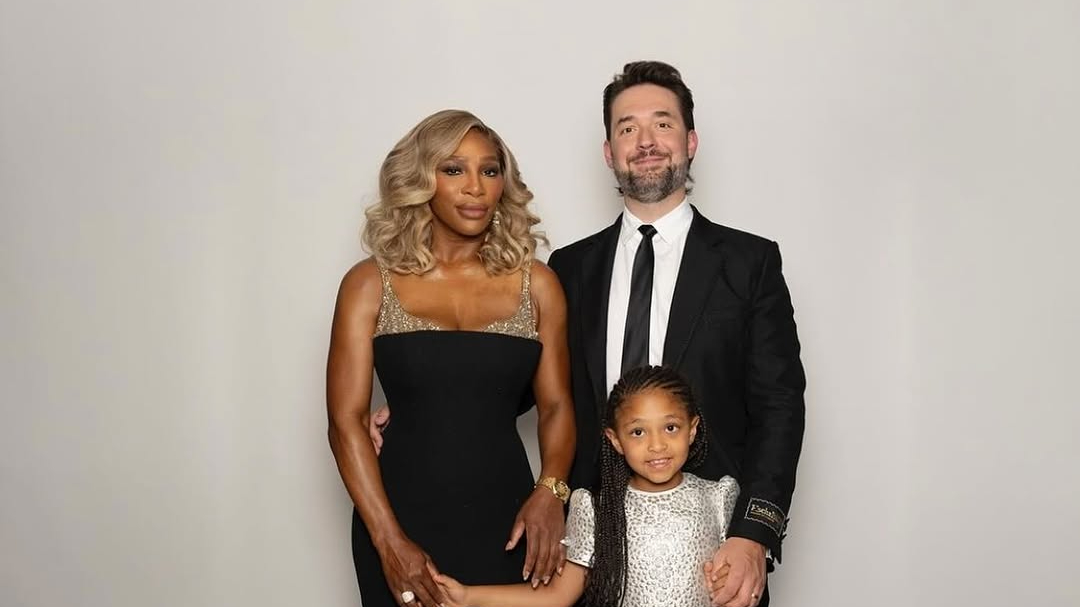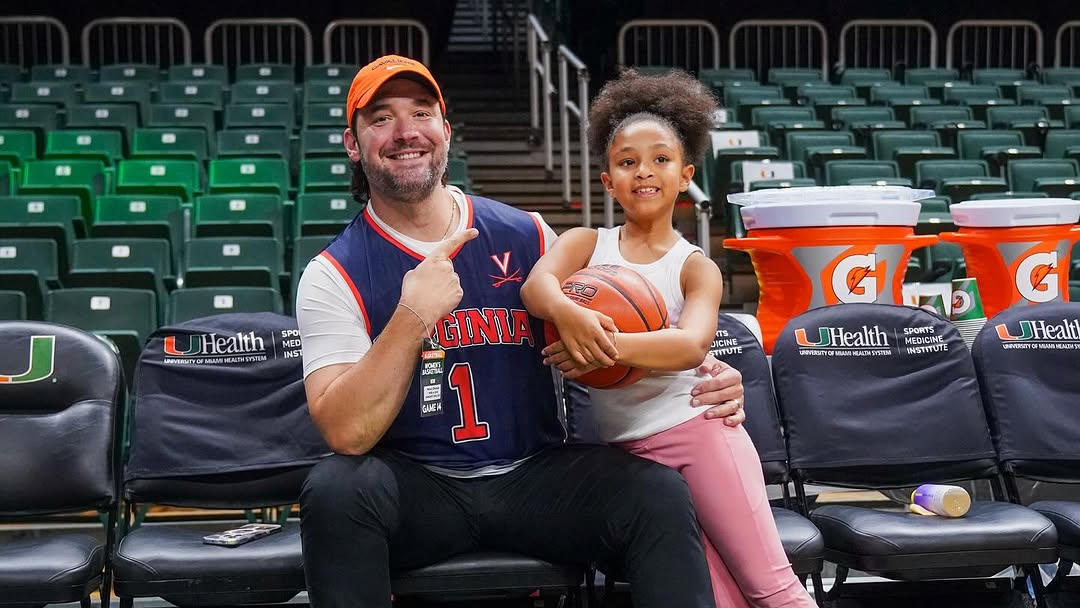Alexis Ohanian’s Bold Gamble: Can Digg 2.0 Kill Internet Trolls?
Social media is a breeding ground for both connection and chaos. Alexis Ohanian, Reddit's co-founder turned investor and advocate for digital civility, thinks he can fix it. Teaming up with Digg co-founder Kevin Rose and a team of seasoned tech entrepreneurs and AI specialists, Ohanian is reviving Digg as a civil, AI-moderated platform where the number-one rule is refreshingly blunt: “Don’t be an asshole.” It's a bold vision, sure—but can anyone really detoxify the internet? Let's be honest: the idea of a troll-free internet is dreamy, like imagining rush-hour traffic with no honking. But in practice? Not going to happen.
The New Team and the Old Problem
To understand this reboot, you need to rewind. Ohanian, who co-founded Reddit in 2005, has long wrestled with the platform's reputation as both a cultural hub and a hotbed for toxicity. Joining forces with Kevin Rose, who originally created Digg, they’ve added AI engineers and community managers to the mix, aiming to merge technology with behavioral insights. Digg originally flamed out after losing the social news wars to Reddit, but the team is betting their combined experience and AI-driven moderation can bring civility to the forefront. If anyone has the chops to try, it’s this crew, so the experiment is absolutely worth watching.
The “Don’t Be an Asshole” Rule
Their new approach to community guidelines is simple, straight to the point, and frankly, something most internet comment sections could use tattooed on their foreheads. Instead of an endless labyrinth of terms of service, Digg 2.0 boils its culture down to one principle: don’t be an asshole. Ohanian, Rose, and their moderation team argue that combining human oversight with AI tools will give them a fighting chance to enforce this mantra at scale. On paper, it sounds brilliant—short rules are easier to follow and harder to debate. But here’s the thing: people are champions at finding loopholes in "simple rules." If the internet has taught us anything, it’s that “don’t be an asshole” is open to about 7 billion interpretations.

Alexis Ohanian and Serena Williams
Will This Work?
Here’s where things get tricky. Social media platforms thrive, for better or worse, on outrage, snark, and the kind of behavior that directly contradicts Ohanian’s golden rule. Behind a screen, people morph into their worst selves, fueled by anonymity and algorithmic rewards for hot takes. Expecting users to suddenly start playing nice online feels a bit like expecting cats to start using the dishwasher—possible in theory, but have you ever met a cat?
And while Ohanian, Rose, and their team are putting their faith in AI to step in where human moderators fail, that raises another issue: will enforcing civility lead to censorship? The uncomfortable truth is that assholes aren't a bug of social media; they're a feature. Assholes are like glitter: once they’re in the system, you’re never getting rid of them. They’ll always find a way in, whether through trolling, sock puppet accounts, or creative reinterpretations of “civility.” Unless Digg 2.0 is planning to run military-grade account vetting, trolls will pop up faster than moderators can hit the ban button.
The Verdict: A Noble, but Likely Flawed, Effort
This doesn't mean the experiment isn't worth watching—it absolutely is. With Ohanian, Rose, and their crack team of engineers and moderation experts, there’s real thought being put into balancing human behavior and AI enforcement. But let's not pretend a single AI tool and one blunt community rule will undo decades of digital bad behavior. At best, this will be a slightly more polite corner of the internet. At worst, it’ll be yet another failed attempt at social media utopia, destined to be remembered only as a case study in wishful thinking. So, cheers to trying, Alexis. But if the grand plan is to build a platform without assholes, I'll just say it now: I’ll believe it when I see it..
Even with a dream team, a troll-free internet remains a unicorn—but the effort itself might just teach the rest of the industry a thing or two about civility online.














